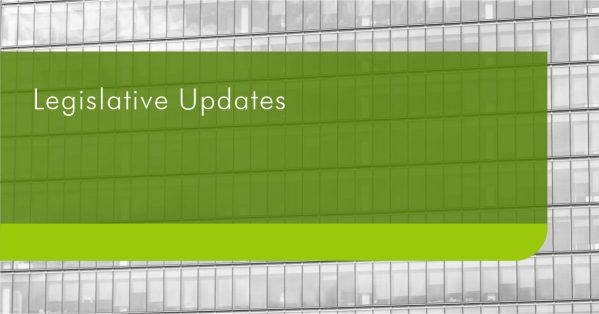
Feedback from the Terrorist Financing Risk Assessment Workshop for NPOs in South Africa
8-9 December 2022
CIBA participated in the second instalment in a series of events for the project to complete a Terrorist Financing Risk Assessment (TF SRA) for the NPO sector. The project is undertaken with the technical assistance support of the EU AML/CFT Global Facility and the Greenacre Group. The workshop included representatives from the NPO sector, the Financial Intelligence Centre, SARS and the Department of Social Development, amongst others.
The workshop aimed at identifying data sources and suitable methods of collecting information on the NPO sector to inform the risk assessment process. The Greenacre methodology was explained to participants with examples of vulnerabilities and risks that are commonly found in the NPO sector. Tools to collect data, logistical issues and challenges were discussed. The next steps will entail data collection from a sample of NPOs by using Greenacres’ NPO sector survey. The technical team will have to collect the information by early 2023 and it will inform the next discussion.
If significant progress cab be made on data collection by January this could have a positive impact on progress reported to FATF ahead of the decision whether or not to greylist South Africa .
The Mutual Evaluation Report of FATF and recommendation 8
The Financial Action Task Force (FATF) published its Mutual Evaluation Report (MER) relating to the global anti-money laundering (AML) and counter-terrorist financing (CTF) measures in place in South Africa.
Recommendation 8 of FATF deals with NPOs. In the conclusion the report stated that South Africa has not yet done an assessment of their broader NPO sector to identify those organizations, based on their characteristics or activities, that put them at risk of Terrorist Financing abuse. South Africa also has no capacity to monitor or investigate NPOs identified to be at risk of Terrorist Financing abuse. The detailed findings included:
- There was no risk assessment of the potential Terrorist Financing undertaken for the NPO sector
- No outreach program had been undertaken to protect the sector from TF abuse
- Registration of NPOs was only voluntary; the NPO Directorate had no power to sanction office bearers of defaulting NPOs or to impose fines or to freeze accounts of NPOs for violation of oversight measures
- There was no prescribed retention period that applied to the record keeping requirement of NPOs; there was no specific requirement for NPOs to maintain for a period of five years information on the identity of person(s) who own, control, or direct their activities, and there were no formal gateways for the Directorate to exchange non-public information.
The General Laws Amendment Bill was aimed at addressing issues raised on registration and additional record keeping and reporting aspects. You can access the General Laws Amendment Bill here.
You can read the Mutual Evaluation Report here.
